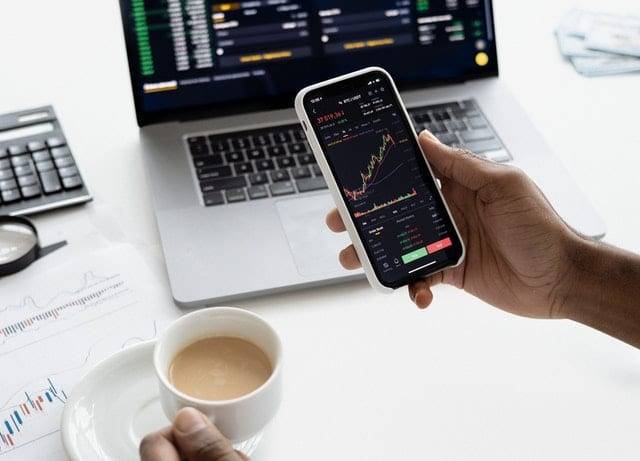If you’re like most forex traders, you’re always on the lookout for new and better ways to improve your trading results. One trading approach that has been gaining in popularity in recent years is quantitative trading. But what is quantitative trading, and how can it help you become a more successful trader?
In this article, we will understand what it is, so that by the end of it, you will know what quantitative trading is and how to use it to your advantage.
If you are interested in it, keep practicing a lot, so that you will become a successful trader with time. Consider checking out hugosway broker to get more information about brokerage companies.
What is quantitative trading?
Quantitative trading is a type of trading that uses math to find good deals. Price and volume data are used to create mathematical models that help predict what will happen in the future. Quantitative trading is usually used by big companies and organizations, but it can also be used by individuals.
When you’re trading quantitatively, you’re looking for patterns and relationships in the market data. You use these patterns to make predictions about what will happen next. You might use quantitative trading to trade stocks, bonds, or other securities. Quantitative trading is also used in commodities and forex.
Some people think that quantitative trading is risky because it’s based on math and models. But if you find a reliable broker and manage the risks, quantitative trading can be a way to make money. Read about safe brokers like hantec markets to start.
Understanding quantitative trading
Let’s have a closer look at how quantitative trading works.
Quantitative traders use technology, math, and databases to make rational decisions about trading. They take a technique and create a model of it using math.
They then develop a computer program that applies the model to past market data. The model is then checked to see if it worked well in the past. If it did, they might use it in real-time with real money.
For example, you might see that when there is more activity with certain stocks, the prices go up quickly afterward.
So, you build a program that looks at all of that past stock prices and activity. If the program finds that this has happened 95% of the time in the past, it will predict a 95% chance that it will happen again in the future.
Data a quant trader should note
As was said above, the 2 main data in quantitative trading are volume and price. But any data that can be turned into a statistic can be used in a strategy.
There are many databases that quant traders use to help them make their models. These databases have information that is not from traditional financial sources. Some traders, for example, might build tools to monitor how people feel about your company on social media as an alternative to traditional ways.
This is important because it allows quant traders to find patterns that they would not be able to find using only traditional financial data sources. By incorporating alternative data sets, quant traders can develop a more comprehensive view of the market and make.
Conclusion
As you see, quantitative trading is a form of trading that relies on mathematical models and algorithms to make buy and sell decisions. These models can be based on a variety of factors, including historical data, news events, or even social media sentiment.
Author
George Rossi is the Chief Market and Broker Analyst at brokertested.com. Prior to being recruited by brokertested.com, I served SVS Securities as Chief Market Analyst for two years. Earlier, he joined Morgan Stanley in Nov 2013 as Research Analyst.
George is a well-rounded financial services professional experienced in fundamental and technical analysis, global macroeconomic research, foreign exchange, and commodity markets, and an independent trader.

